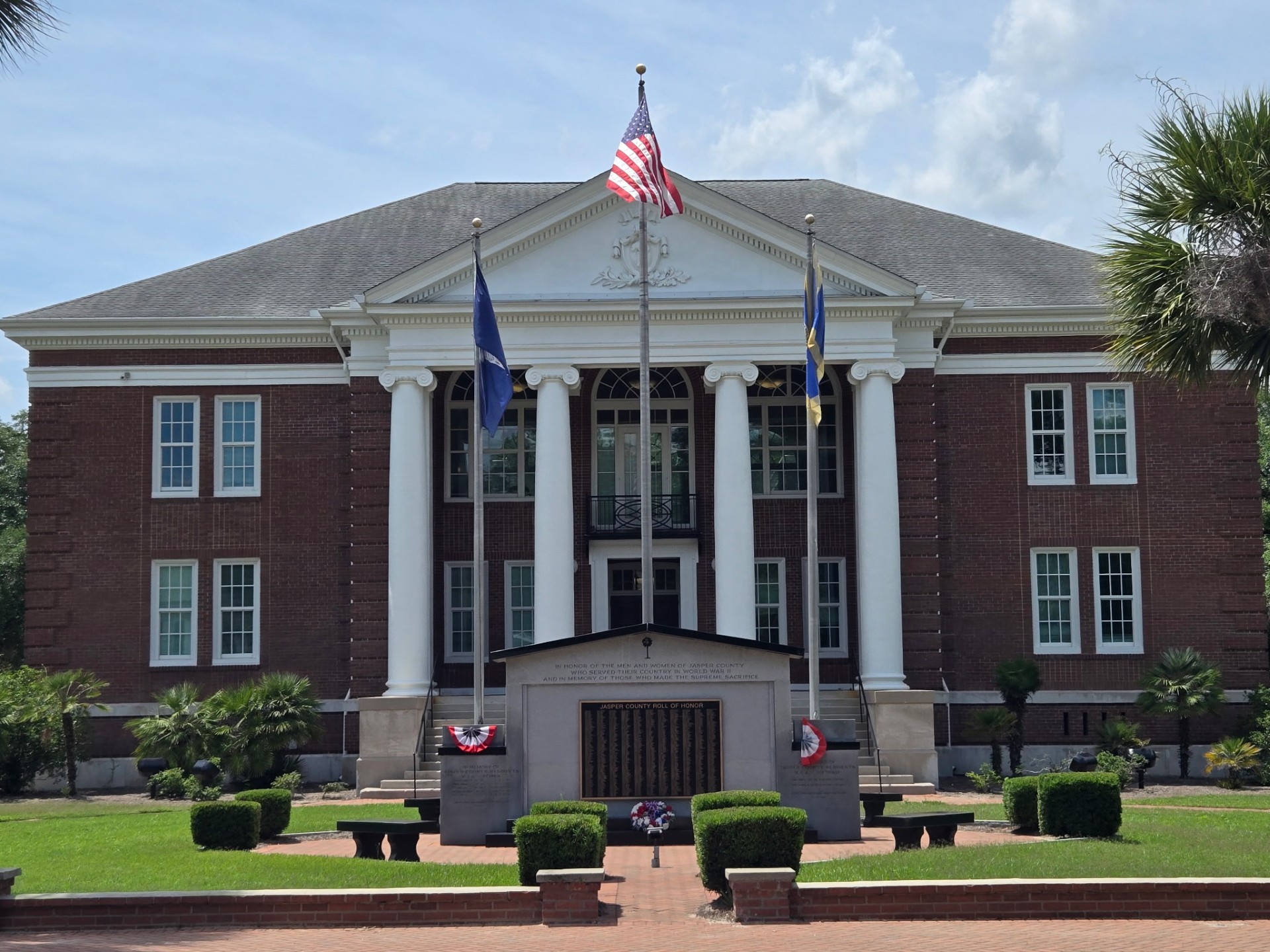Creating a nonprofit in South Carolina is a structured process governed by the South Carolina Nonprofit Corporation Act (“Act”), codified under S.C. Code § 33-31-101 et seq. This Act assigns the South Carolina Secretary of State the responsibility of handling the necessary filings for forming nonprofit corporations. Below is an overview of the steps and legal requirements involved in establishing a nonprofit in South Carolina.
Filing Articles of Incorporation
The Articles of Incorporation serve as the foundational document for any nonprofit corporation in South Carolina. These articles must be submitted to the Secretary of State’s Business Filings Division and include essential information such as the corporate name, registered office and agent, and the classification of the corporation as a public benefit, mutual benefit, or religious organization.
Public benefit corporations are defined under S.C. Code §§ 33-31-201 through 33-31-207 and are typically charitable organizations. Mutual benefit corporations, also defined in the same provisions, serve their members rather than the public. Religious corporations are created primarily for religious purposes. The Articles of Incorporation must also indicate whether the nonprofit will have members, provide the principal office address, and include provisions for asset distribution upon dissolution.
The Secretary of State charges a $25 filing fee, and the Articles must be filed in duplicate. Optional provisions, such as specific operational clauses, may be included under S.C. Code § 33-31-202(c). For detailed filing instructions, refer to the template provided by the South Carolina Secretary of State.
Tax-Exempt Status
While forming a nonprofit corporation is a state process, obtaining tax-exempt status is a federal matter. Nonprofits seeking 501(c)(3) status from the IRS must ensure their corporate purpose and dissolution provisions align with IRS requirements. Filing IRS Form 1023 or 1023-EZ is the next critical step after incorporation to secure tax exemption.
Bylaws: The Nonprofit’s Governance Blueprint
South Carolina law requires nonprofit corporations to adopt bylaws under S.C. Code § 33-31-206. While these bylaws are not filed with the Secretary of State, they play a crucial role in governing the internal operations of the nonprofit. At a minimum, bylaws should address the organization’s name and purpose, details about membership (if applicable), and the structure of the board of directors, including their responsibilities and terms of service.
Additionally, bylaws should outline procedures for holding meetings, electing officers, and managing financial matters, such as budgeting and fiscal oversight. A well-drafted conflict-of-interest policy is essential to ensure directors and officers act in the organization’s best interests. Procedures for amending bylaws and dissolving the organization should also be included. Together, these elements create a roadmap for the nonprofit’s governance and decision-making.
Practical Steps for Forming a Nonprofit
The process of forming a nonprofit involves several clear steps. First, prepare the Articles of Incorporation using the state-provided template or a custom draft that meets the legal requirements. Submit two copies of the Articles to the Secretary of State along with the $25 filing fee. If applicable, political associations must also submit a CL-1 form and an additional $25 fee.
Next, adopt bylaws to establish governance practices and ensure compliance with state laws. Once these foundational documents are in place, apply for federal tax-exempt status by completing IRS Form 1023 or 1023-EZ. This ensures your nonprofit can access the tax benefits associated with 501(c)(3) status.
Compliance and Ongoing Obligations
After incorporation, nonprofits must comply with state and federal requirements to maintain good standing. This includes maintaining accurate financial records and adhering to the purpose of the nonprofit. Nonprofits should also review and update their bylaws periodically to reflect changes in operations or legal requirements.
Establishing a nonprofit in South Carolina involves navigating both state and federal requirements, but the process is straightforward with careful planning. For tailored legal advice or assistance with forming your nonprofit, reach out to Twisdale Law, PC. Twisdale Law, PC is a boutique law firm for business law and intellectual property, including nonprofit formation and compliance, and can provide the expert guidance you need to ensure your organization is set up for long-term success.








